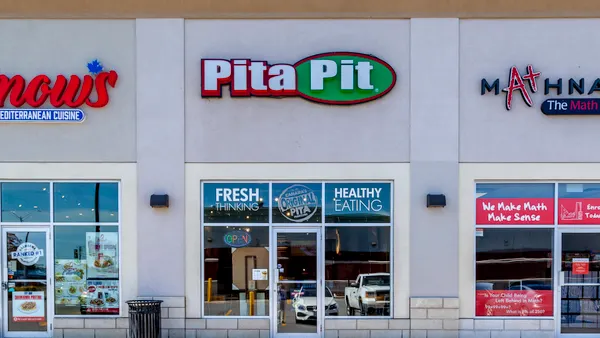Dive Brief:
- The University Medical Center of Southern Nevada (UMC) has agreed to pay up to $4.25 million to settle wage and hour claims brought by approximately 600 current and former employees. The employees claimed they worked off the clock and were entitled to overtime pay under the Fair Labor Standards Act (FLSA) and Nevada law (Small v. University Medical Center of Southern Nevada, No. 13-cv-00298 (D. Nev. May 13, 2019)).
- The workers said the Las Vegas employer deducted a half hour from their daily timecards without an accurate determination of whether they had actually taken a full, uninterrupted 30-minute meal break.
- UMC denied any wrongdoing and said that all employees were properly compensated in accordance with the FLSA and all other applicable laws.
Dive Insight:
The FLSA does not require meal breaks, and when bona fide meal periods of at least 30 minutes are provided, they are not generally considered compensable work time.
If, however, nonexempt employees perform work during a scheduled break — even if that work is unauthorized — they must be compensated for that time. Additionally, nonexempt workers must receive overtime pay at a time-and-a-half rate for hours worked in excess of 40 in a given workweek, and many states have their own rules on both meal periods and overtime pay.
Courts often look unfavorably on wage and hour violations, particularly when employers aren't willing to admit culpability and take steps to remedy the problem. A judge in California recently rejected a proposed $7.5 million settlement from Comcast because the agreement didn't explain how the employer's practices had changed, or would change in the future. That allegations involved, among other things, pressure on employees to report meal periods that were never taken.
Similarly, a class of nursing home workers in Alabama was recently given the green light to pursue a suit alleging that they were forced to work during meal breaks, and that those meal breaks were automatically deducted from their pay.
Clearly, auto-deductions for meal breaks can be problematic, but the practice is not necessarily illegal. Employers that choose to use exceptions timekeeping should be sure to provide managers and employees proper training on the requirements entailed. They'll need to know, for example, that workers must sign off on time records, according to the U.S. Department of Labor.










